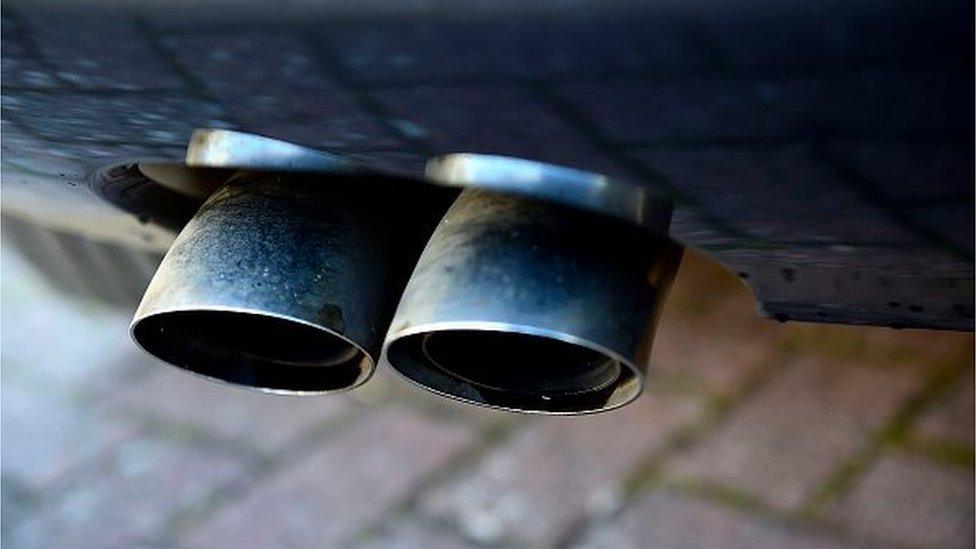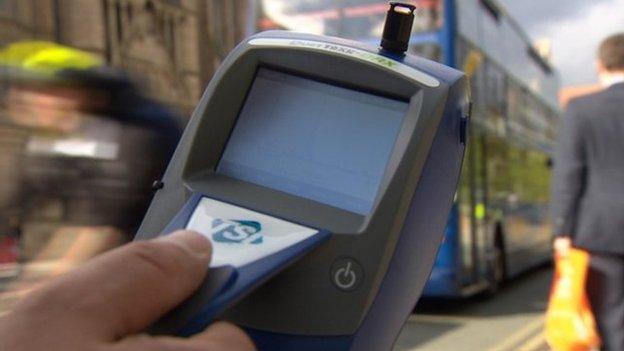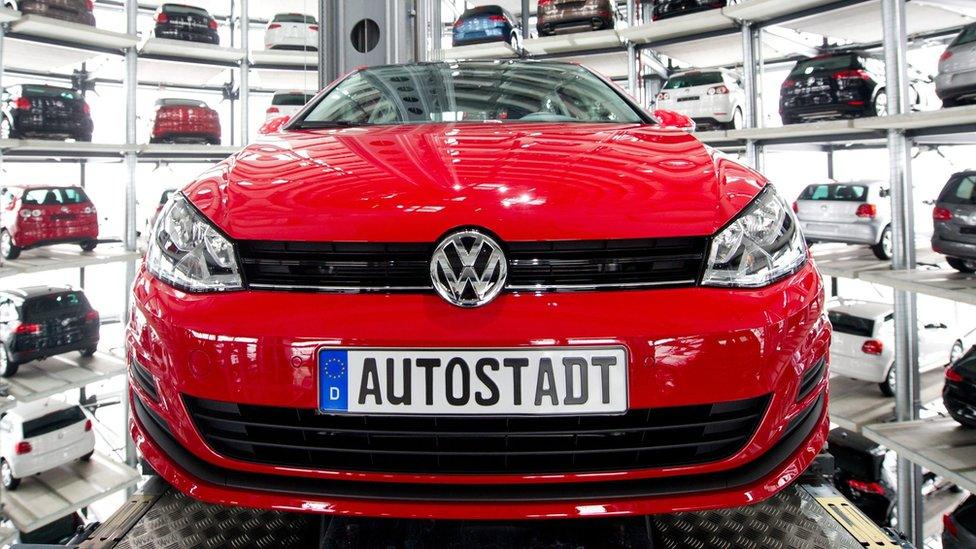Emissions test changes could make diesels 'unaffordable'
- Published

Making European emissions tests more stringent could make some diesel vehicles "effectively unaffordable", a trade body has warned.
The European Commission is trying to get vehicle makers to agree to bigger cuts in emissions from diesel engines.
The pressure comes in the wake of the Volkswagen emissions scandal.
The European Automobile Manufacturers' Association (ACEA) said car companies needed enough time to implement changes to emissions testing.
Diesel vehicles have been encouraged in many European markets because they can produce less carbon dioxide - a major greenhouse gas - than those with petrol engines.
The trade body said diesel was an important part of meeting future CO2 targets and it was important for the Commission to let manufacturers plan and implement necessary changes.
New tests
The VW scandal, in which saw the German car maker admit rigging emissions tests, has put significant pressure on diesel vehicle manufacturers.
Diesel engines emit higher levels of nitrogen oxide and dioxide (NOx) that are harmful to human health. European government officials have set out plans to introduce real-world measurements of NOx emissions rather than rely on laboratory tests.
The new testing regime is due to start early next year, with the results coming into effect in 2017.
However, talks between officials in Brussels last week to discuss the plans are reported to have stalled.
The ACEA said it would continue "to stress the need for a timeline and testing conditions that take into account the technical and economic realities of today's markets".
The trade body added: "Without realistic timeframes and conditions, some diesel models could effectively become unaffordable, forcing manufacturers to withdraw them from sale."
Such a move would hit both consumers and jobs in the automotive sector, it said.
- Published6 October 2015

- Published7 October 2015
